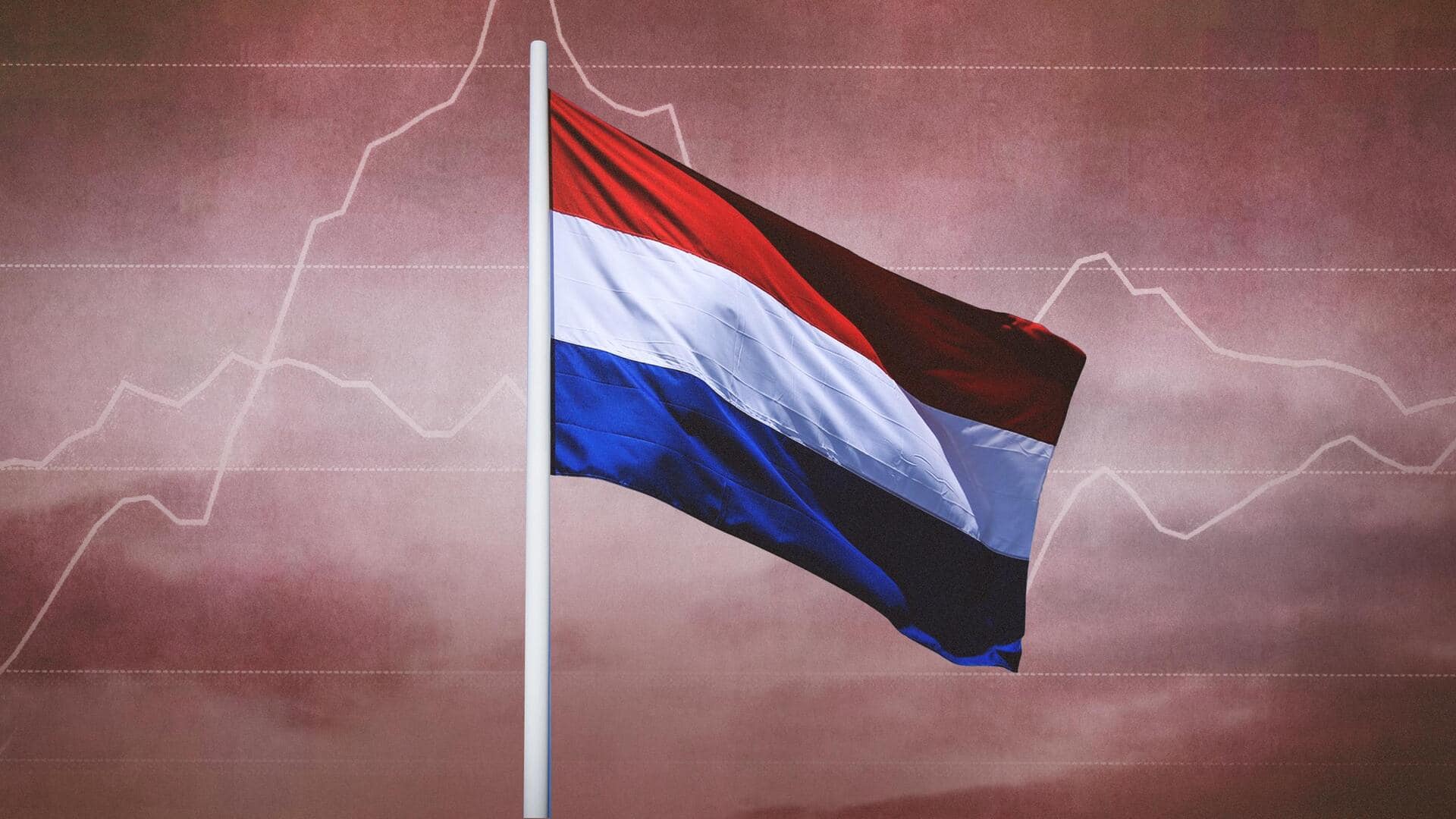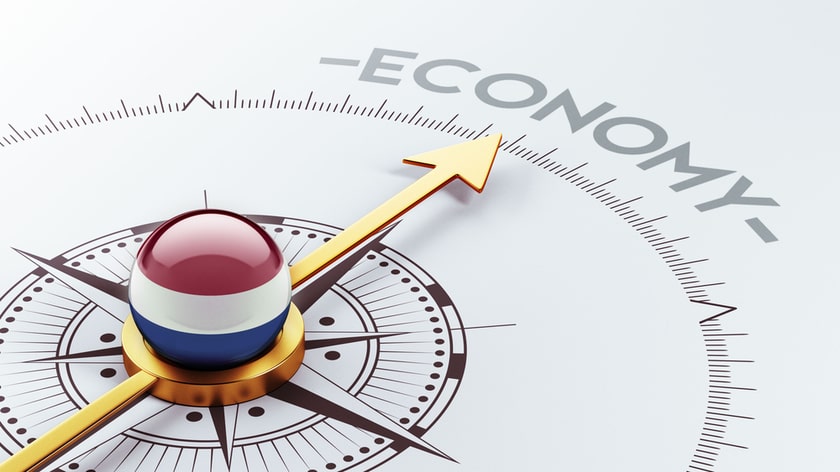Netherlands Plunges into Recession, Prompting Concerns for Economic Recovery

Netherlands Plunges into Recession, Prompting Concerns for Economic Recovery
In a significant economic setback, the Netherlands, known for its robust financial landscape, has been thrust into a recession, sparking worries about the nation’s road to recovery. The sudden decline in economic growth has caught both experts and citizens off guard, shedding light on the complex web of factors contributing to this downturn.
The term ‘recession‘ is no stranger to the global economic stage, but its impact is always felt deeply on a local level. In simple terms, a recession signifies a period of sustained economic decline, marked by shrinking Gross Domestic Product (GDP), rising unemployment, and a drop in consumer spending. It serves as a glaring red flag that something isn’t functioning optimally within an economy, and its effects trickle down to various facets of everyday life.
For the Netherlands, a nation celebrated for its bustling trade, innovative prowess, and strong industrial base, this unexpected recession presents a stern test of its economic resilience. Powerhouse sectors such as manufacturing, technology, and agriculture have historically been the pillars of the Dutch economy, generating substantial revenue and creating employment opportunities. However, these very sectors are now grappling with the ripple effects of a global economic slowdown, shifting consumer behaviors, and a pinch in international trade.

The current recession’s origins can be traced back to a series of interconnected factors, rather than a single isolated cause. A crucial player in this narrative is the ongoing global trade imbalance. The Netherlands, being a major trading hub, has historically relied on exports as a key driver of its economic growth. However, the pandemic-induced disruptions to international trade dynamics have left their mark, with supply chain delays and reduced demand impacting the nation’s export-oriented industries.
Furthermore, the altered consumer landscape has also played a pivotal role in pushing the Dutch economy into its current state. The lockdowns and restrictions prompted by the pandemic reshaped spending patterns, with a notable shift from traditional brick-and-mortar retail to online shopping. While this transformation was already underway, the pandemic expedited the process, leaving many local businesses struggling to adapt.
Unemployment has surged as a result of these economic challenges, creating a ripple effect that dampens consumer confidence and spending. Job losses not only mean a decrease in household income but also undermine the overall sentiment of economic stability. As individuals tighten their belts in response to uncertain times, businesses experience a decline in demand, further fueling the cycle of economic contraction.

The Dutch government, aware of the severity of the situation, has taken steps to mitigate the recession’s impact. Fiscal stimulus packages aimed at supporting businesses, aiding job retention, and stimulating consumer spending have been rolled out. The central bank has also lowered interest rates, a conventional measure to encourage borrowing and spending. However, the effectiveness of these measures hinges on their ability to restore consumer and investor confidence.
It’s worth noting that a recession isn’t solely a consequence of external factors; domestic policies and decisions play a vital role. In the case of the Netherlands, housing market dynamics have contributed to the recessionary spiral. The real estate sector, once considered a safe haven for investment, experienced an overheating that led to inflated prices. This pricing bubble eventually burst, leaving homeowners with properties valued lower than their purchase prices. The resultant negative equity stifles mobility and discretionary spending, acting as an anchor on economic recovery.
While challenges abound, history has shown that economies possess a remarkable capacity to bounce back. The Netherlands itself has weathered economic storms in the past, showcasing its resilience and adaptability. Past recoveries were often fueled by innovation and an entrepreneurial spirit, traits deeply ingrained in Dutch culture. Initiatives that encourage start-ups, research, and development could pave the way for new industries to emerge, injecting fresh energy into the economic landscape.

International cooperation and trade will also play a pivotal role in the Netherlands’ journey towards recovery. Strengthening ties with existing trading partners while diversifying trade relationships can create new avenues for growth. Moreover, investment in sustainable practices and renewable energy could position the country as a leader in combating climate change while simultaneously boosting economic activity.
In the face of a recession, citizens often find themselves at the heart of economic recovery. Financial prudence, adaptability, and support for local businesses can all contribute to revitalizing the economy. As consumers, making conscious choices to buy local products and support small businesses can stimulate demand at the grassroots level. Similarly, upskilling and reskilling the workforce can enhance employability, easing the burden on unemployment rates.
In conclusion, the Netherlands’ slide into recession serves as a reminder of the intricacies of modern economies and their susceptibility to both internal and external pressures. The nation’s journey toward recovery will require a multi-faceted approach that involves not only economic policies but also collective efforts from citizens and businesses. While the road ahead may be challenging, history illustrates that resilience, innovation, and unity can pave the way for a brighter economic future. The Netherlands has all the necessary tools; it’s now a matter of harnessing them effectively.




